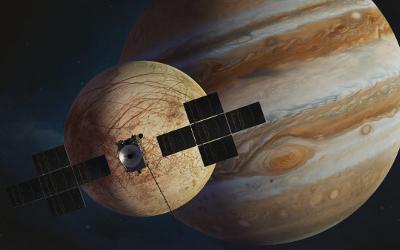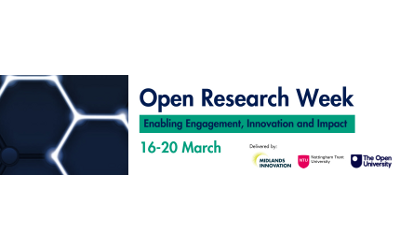Calls for more ethical fieldwork in space research

A paper from AstrobiologyOU researchers calling for endorsing an ethical approach to fieldwork has been published in Nature Astronomy.
The paper Ethical considerations for analogue fieldwork in extreme environments highlights ethical issues surrounding research in ‘extreme’ environments used as analogue sites to understand other planets, and how this relates to the future of space exploration.
OU academics Dr Alessandra Marino, Professor Karen Olsson-Francis and Professor Shonil Bhagwat, and a team of international experts in the field of Astrobiology used ethics as the lens through which they approached analogue fieldwork across the globe. The team based the study on experience of fieldwork in the Global South.
Alessandra Marino, Research Fellow in International Development within AstrobiologyOU, led the team’s research. Dr Marino commented:
“This paper is more than a reflection on what current fieldwork practices are, it is a call to the astrobiology community to do scientific research in a way that is more just and more caring. Ultimately, the values and practices of space research on this planet will be the ones that we take with us on future exploration missions."
The researchers hope that by taking the spirit of collaboration that underpins the sharing of space samples, the approach to research in extreme environments will be more respectful, collaborative and inclusive. This is relevant for future space missions which also require the inclusive and collaborative practices within and beyond academia.
International research team
Fulvio Franchi and Lesedi Lebogang (Botswana International University of Science and Technology), Fernando J. Gomez (Centro de Investigaciones en Ciencias de la Tierra), Armando Azua-Bustos (Centro de Astrobiología and Universidad Autónoma de Chile), Barbara Cavalazzi (Università di Bologna and University of Johannesburg), Ermias Balcha. (Hawassa University), Kennda Lynch (Lunar and Planetary Institute)
The OU research into the ethics of space activities and innovation is increasing as a Space Ethics Group, co-directed by Dr Marino and Professor Derek Matravers, is funded by the OU’s Open Societal Challenge Programme to look at ethical and sustainability norms for space.
“We started the Space Ethics Group because we realised there was a need for conversations across disciplines and sectors interested and invested in space and the Open Societal Challenges provides a platform for this,” Dr Marino added.
The OU’s Open Societal Challenges Programme aims to tackle some of the most important societal challenges of our time through impact-driven research.
The Programme’s focus on the themes of Tackling Inequalities, Living Well and Sustainability aligns well with the OU’s mission to be open to people, places, methods and ideas.
The Programme’s aim is to apply excellent research by OU academics to some of the most pressing challenges facing people across the UK and worldwide to transform lives and drive societal change.
This story written by Laura Bandell, originally appeared on OU News.
You may also be interested in:
Contact our news team
For all out of hours enquiries, please telephone +44 (0)7901 515891
Contact detailsNews & articles

Open Research Week to spotlight innovation in 2026
Open Research Week will return from 16–20 March 2026, uniting Open University researchers and partners to explore how open practices drive engagement, innovation and societal benefit.